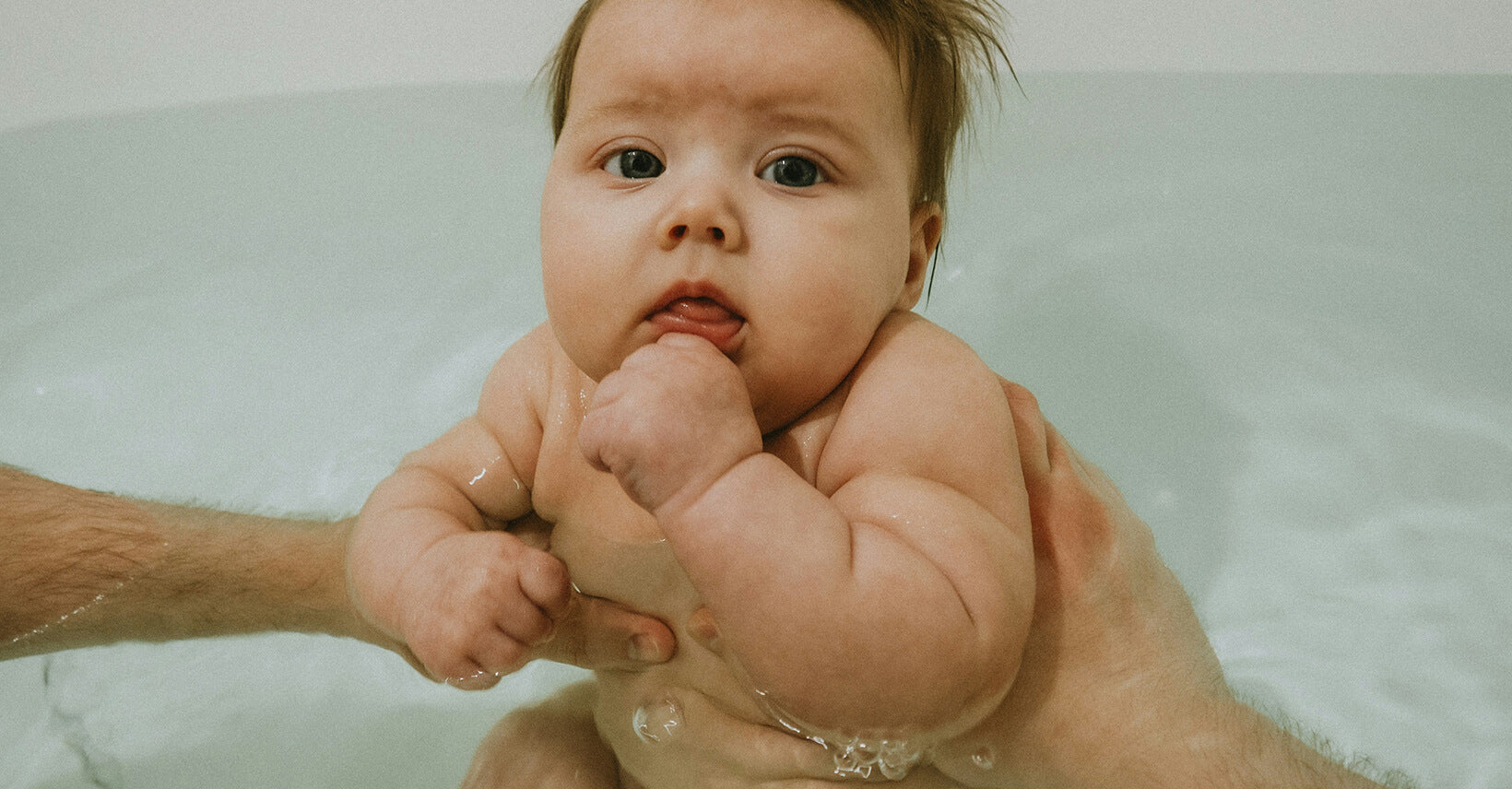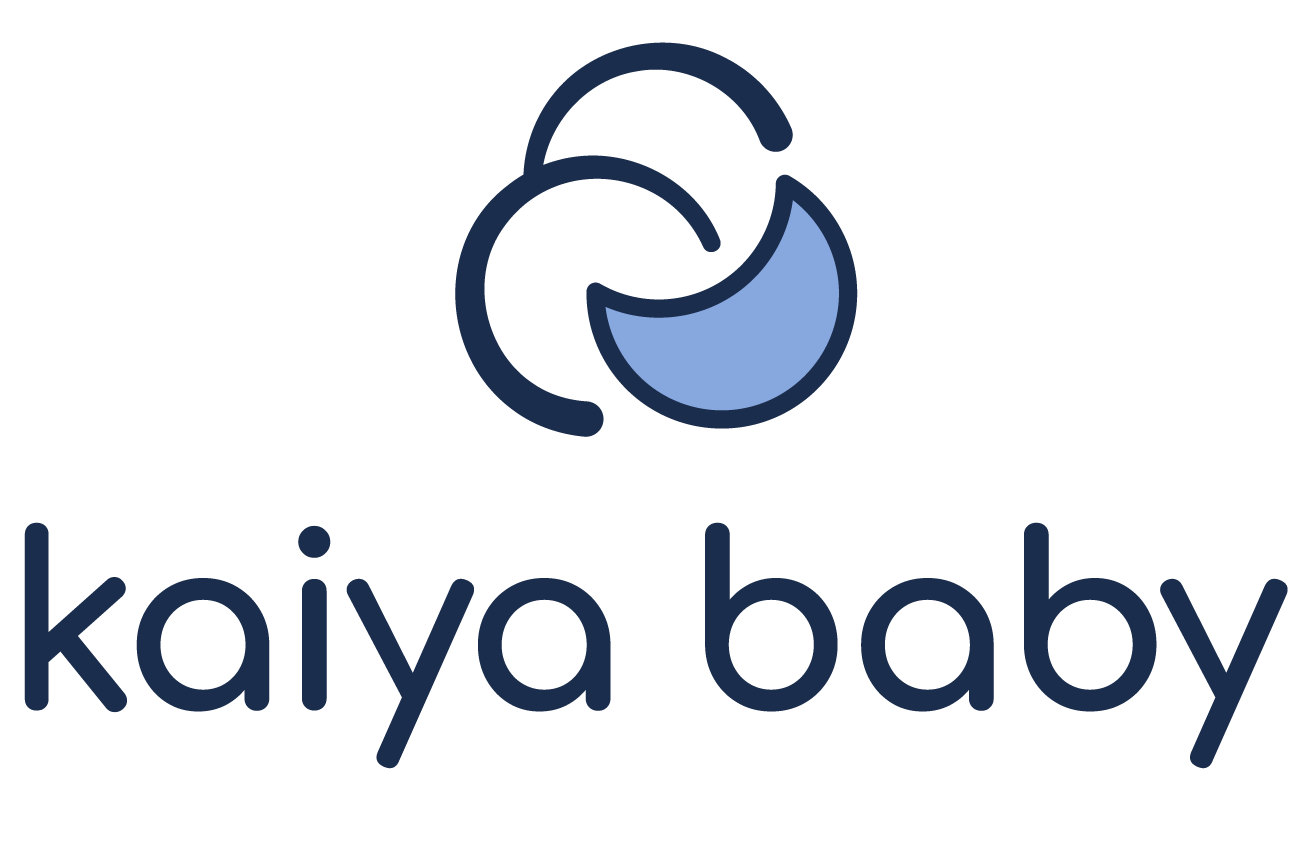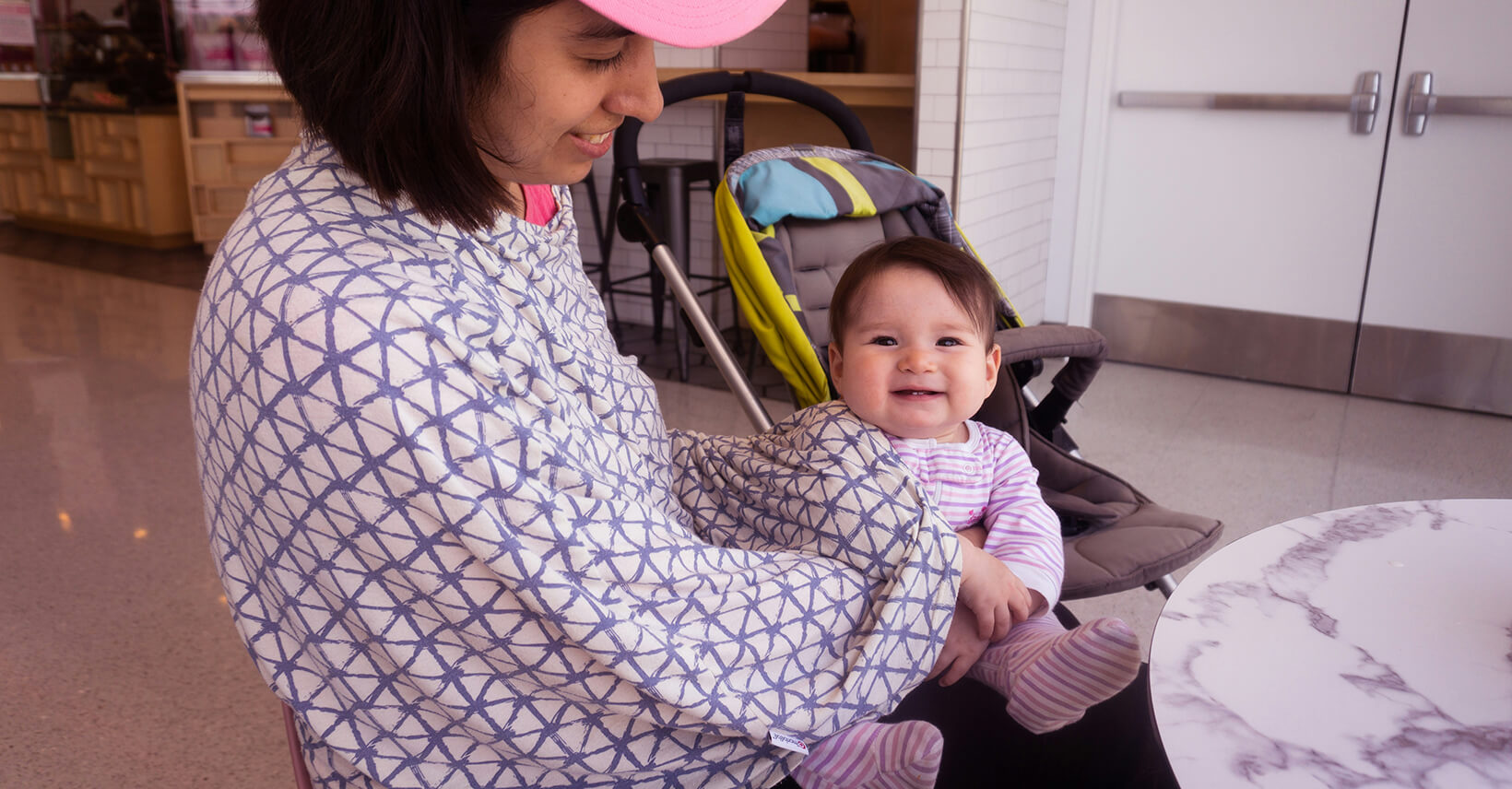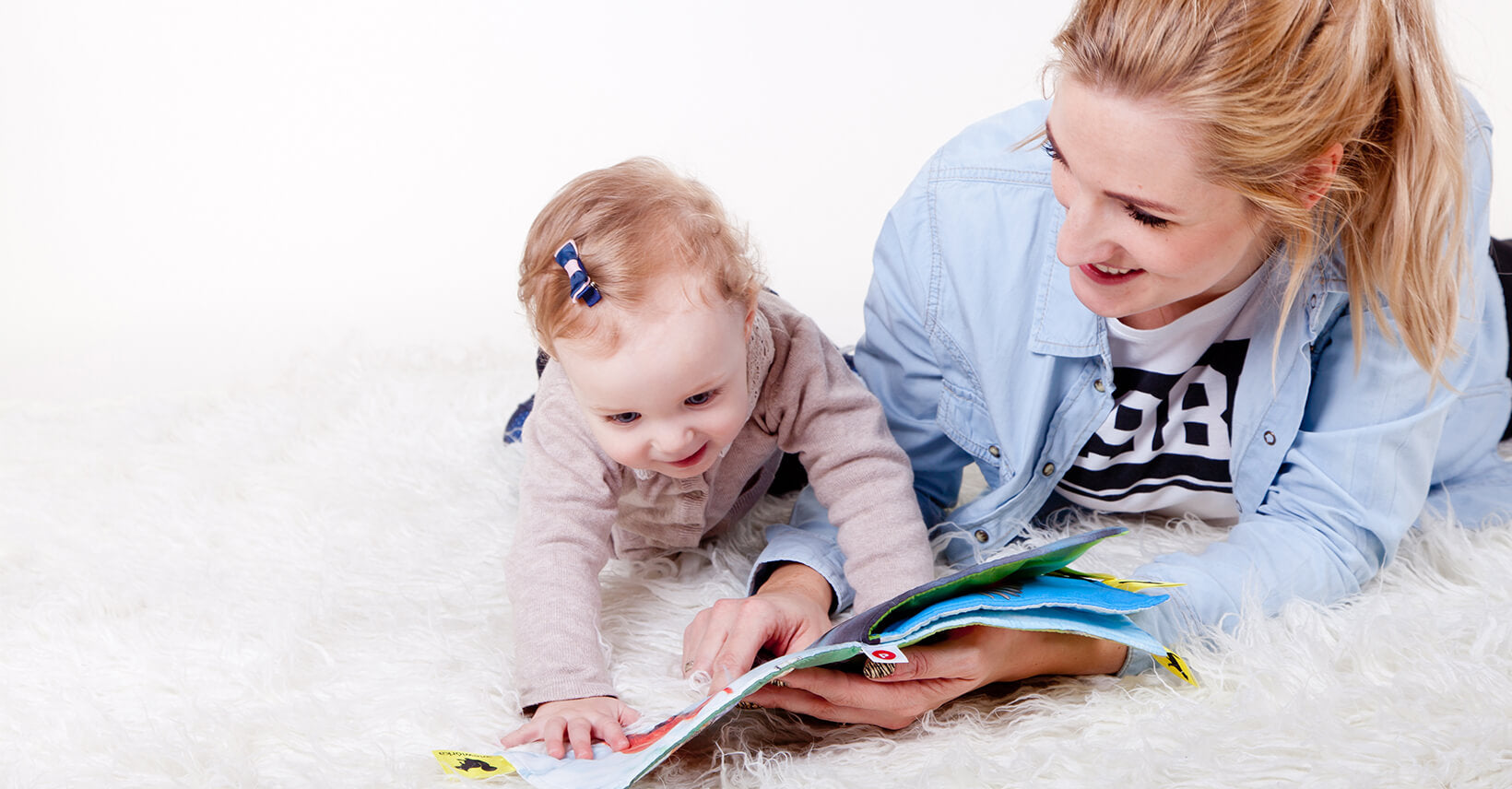
When Can Babies Go Swimming?
Are you curious about when your baby can start swimming in the pool? A question often asked by parents who are eager to give their little one an experience of swimming fun. As much as you want your baby to swim freely in the water, it's important to consider the baby's safety first. Knowing the right time to take your baby swimming is vital to their health. So let's explore when your baby can swim.
- Can newborn babies swim?
- Benefits of baby swimming
- When can babies go swimming?
- How to teach a baby to swim?
- What do I need to prepare when I take my baby to swim?
- Conclusion
Can newborn babies swim?
Have you ever thought if your newborn can swim? New parents often wonder about this. Here's the thing: while babies have the instinct to hold their breath automatically when stay in water, that doesn't mean they can swim right away.
Newborns often lack the muscle strength and coordination needed for swimming. In addition, babies’ immune systems are still developing, making them more susceptible to infections when swimming in public pools or unclean waters.
So while they may have some conditioning to swim, it is not safe or recommended to let newborns swim unsupervised. Always prioritize your baby's safety and wait until they are a little older before putting them into the pool.

Benefits of baby swimming
Is swimming good for babies’ development? Yes.
Here are some benefits of baby swimming:
Physical development:
Infants move their arms, legs, and trunks while swimming, which helps build muscle strength and improve coordination. Swimming also helps develop your baby's motor skills, such as kicking and reaching, and establishes a foundation for future physical abilities.
Cognitive Development:
Swimming stimulates infants' senses, allowing them to experience the sensation of water against their skin, the oft-splashing noises, and the visual stimulation of different environments. The swimming experience promotes sensory abilities and spatial awareness, which also promotes cognitive development.
Promote bonding:
Swimming with your baby promotes a strong bond between parent and child. Close physical contact, eye contact and communication during swimming builds a nurturing and trusting relationship. This shared experience during swimming strengthens the bond between parent and child.
Practice water safety skills:
Encouraging infants to swim at an early age helps them become familiar with the water environment and learn basic water safety skills. Infants can learn potentially life-saving skills that can reduce the risk of drowning later in life.
Emotional development:
Swimming is a fun activity for infants that promotes positive emotions and reduces stress. The sensation of floating in the water can be calming and soothing, which can promote your baby's emotional well-being.
Practice social skills:
Letting your baby join in a baby swimming class allows them to have a chance to interact with other babies. This socialization opportunity helps babies develop their social skills. Your baby will observe or interact with others while having fun in the water.
Improved sleep:
Swimming is a physical activity that makes your baby feel tired, which improves sleep patterns. Many parents notice that their babies sleep more soundly and longer after swimming, resulting in better rest for both babies and parents.
When can babies go swimming?
When your baby can start swimming? A question parents often ask. Here's an introduction for you: babies can usually go swimming at around 6 months of age.
Why? Because by this age, most babies have the necessary head and neck control to keep themselves safe in the water. Also, their immune systems are a little stronger, which reduces the risk of swimming infections.
However, be sure to consult your pediatrician first to determine if your baby is suitable to swim.

How to teach a baby to swim?
Here are some strategies for teaching a baby to swim:
Take your time:
First, make your baby feel comfortable in the water. Hold your baby securely in your arms and gently help them feel the feeling in the water.
Use assistive equipment:
Prepare safety equipment such as baby swimsuits or baby swimming floats to provide extra support and buoyancy for your baby in the water.
Pay attention to safety:
Safety is always a priority when teaching your baby to swim. Never let your baby out of your sight at any time, and never let them swim unsupervised in or near the water.
Make swimming fun:
Make swimming a fun and enjoyable experience for your baby. Use toys, games, and songs to engage babies in the water encourage them to be confident, and make them feel comfortable.
Practice breath control:
Help your baby learn to control their breathing while swimming. Teach them how to inhale and exhale underwater as well as hold their breath when necessary.
Learn some swimming strokes:
Guide your baby through some simple actions such as kicking and paddling their arms to help them get used to the swimming strokes.
Stay patient and positive:
You need to remain patient while teaching your baby to swim. And give your baby plenty of encouragement as they learn to swim.
Every baby is different, so it's important to be flexible and adjust your approach according to your baby's comfort level and developmental situation.
What do I need to prepare when I take my baby to swim?
When preparing to take your baby swimming, there are a few essentials that need to be prepared in advance:
- A swim diaper.
- A towel or two.
- Extra clothes for both you and your little one.
- Sunscreen.
- Hat and sunglasses.
- Swim gear (swimsuits and swimming floaties).
- Some snacks.
- Toys.
- First aid kit.

Conclusion
In conclusion, when babies can swim is an important issue for parents to consider. Most babies are ready to start enjoying the water around 6 months of age. However, always consult your pediatrician before taking your baby to swimming. Do not forget to get the proper preparation, supervision, and attention to safety during swimming.

Yujia Shi
An expert in sleep sack design, is a valued contributor to Kaiya Baby's blog. With a strong background in baby sleep bags and maternal care, she is highly regarded for her professionalism. Yujia Shi prioritizes baby comfort and safety in her designs, using high-quality materials. Her insightful articles on sleep bags have been featured in reputable publications and have gained a significant readership. Trust Yujia Shi to help you create a comfortable and safe sleep environment for your baby, backed by her proven track record in the industry.



Leave a comment
This site is protected by reCAPTCHA and the Google Privacy Policy and Terms of Service apply.